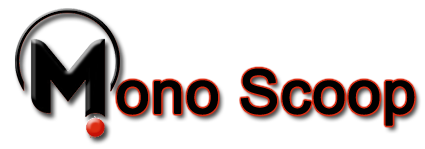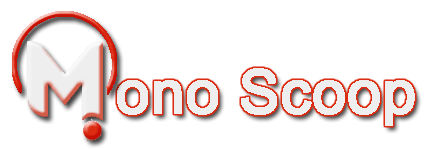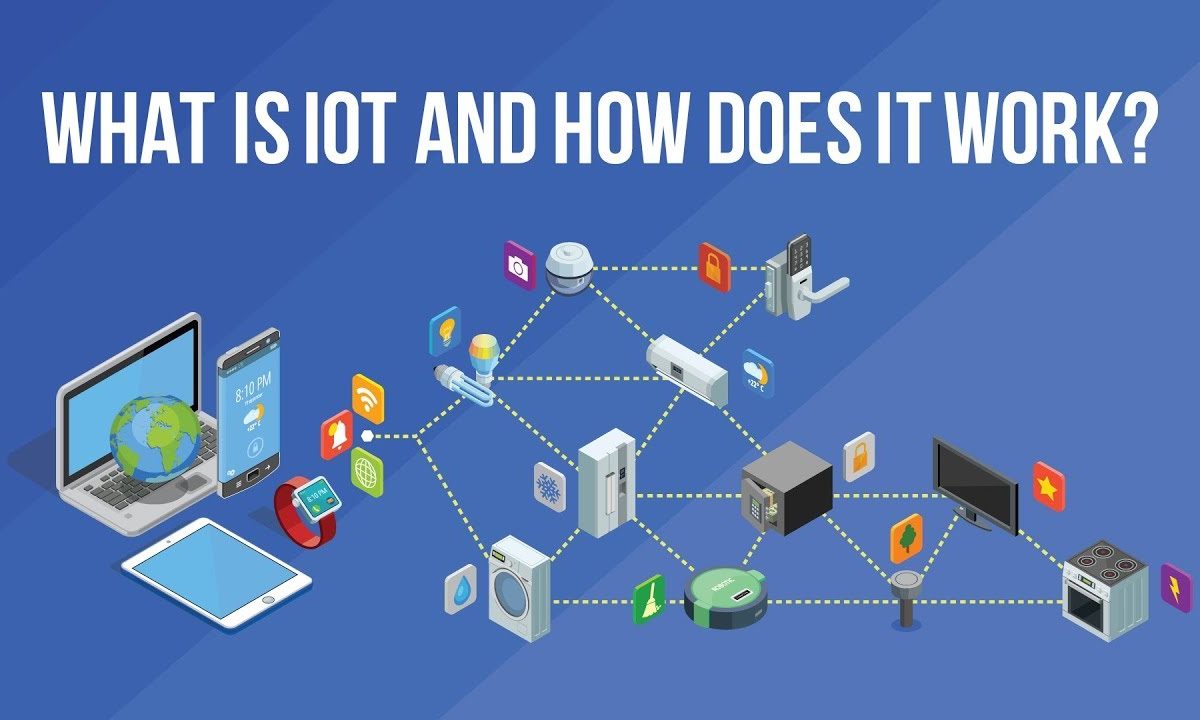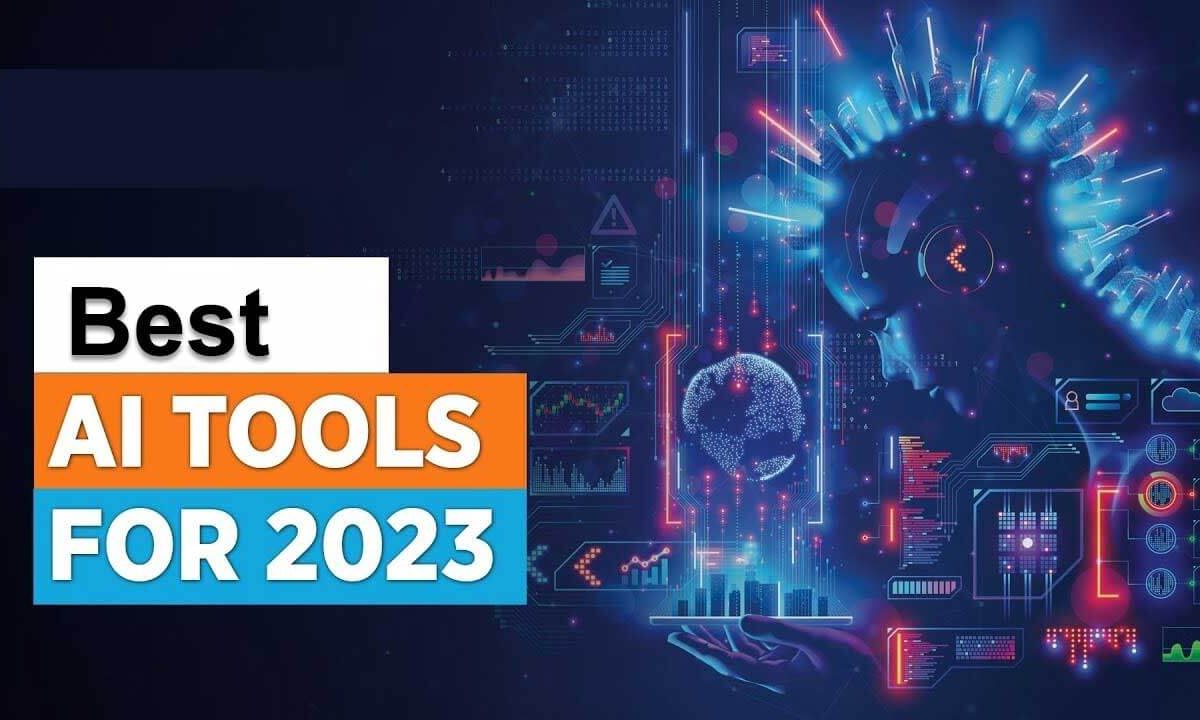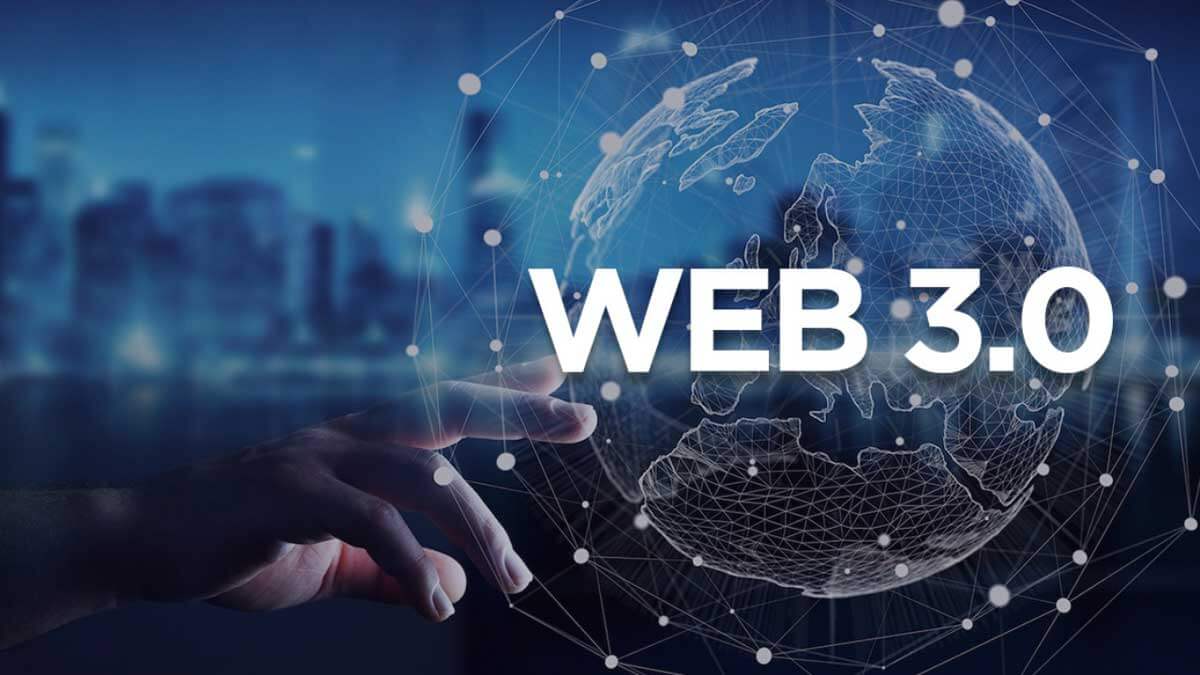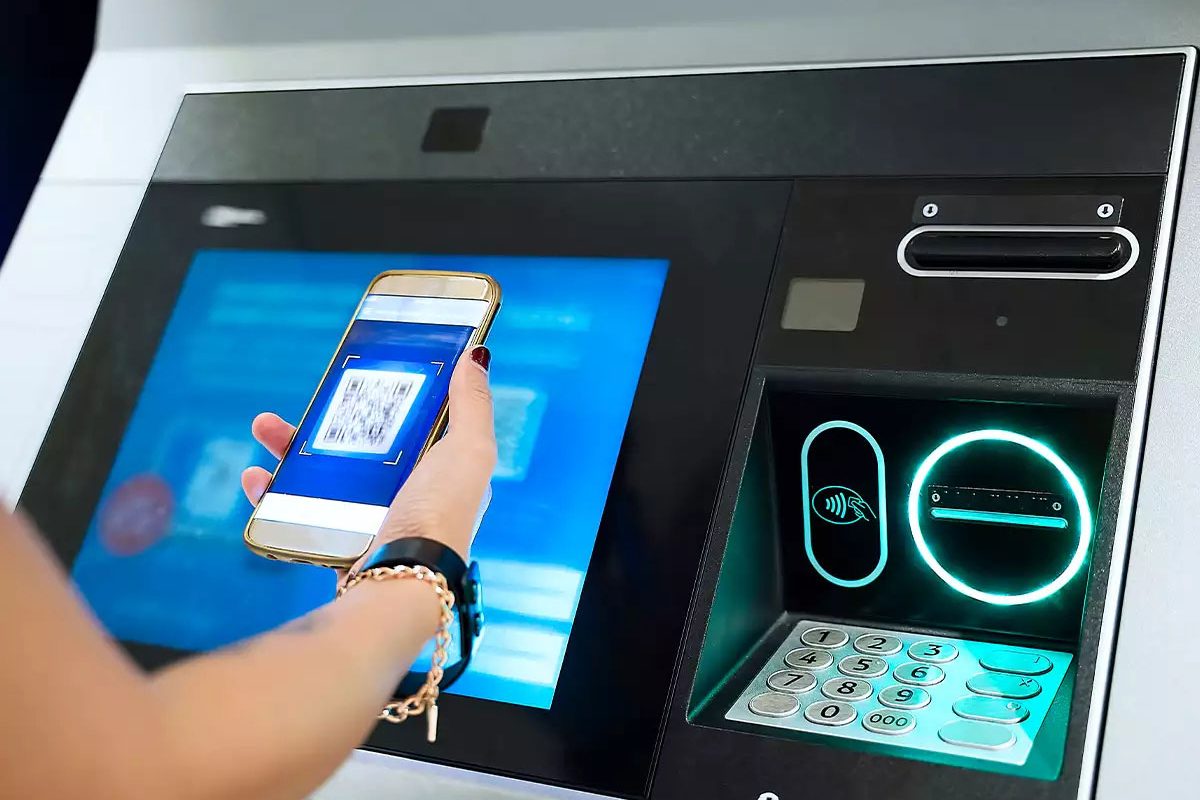SOAP has been the primary reason for adopting web services in recent years. It’s an API that is widely used for the development of web-based applications. API (Application programming interface) allows the software to interact with each other using different sets of rules and protocols.
A report estimated that in 2015, approximately 1 billion smartphones would be sold. This data shows how much the smartphone industry is growing, and mobile application development is another revenue generation stream for marketers.
Simple Object Access Protocol is a network that enables various elements of an application to communicate efficiently. It’s a structured protocol for exchanging data between different nodes and software. It uses XML format data to transmit through the HTTP protocol.
Developers created SOAP as an intermediate language for applications to communicate with different programming languages. Moreover, it’s flexible and allows developers to write SOAP API in various languages with various features and functionality.
It can be used for a variety of messaging systems. It supports various communication protocols across the internet.
So, let’s understand SOAP in detail.
What is SOAP?

The protocol was introduced long ago by the World Wide Web Consortium. In 1998, it was designed for Microsoft.
It exchanges data using XML (extensive markup language). It is designed to be independent and facilitate accessible communication with different operating systems and platforms over the platform. XML is a markup language to encode data and machine reading format.
It can use several protocols, such as HTTP hypertext transfer protocol. However, some developers use the REST API due to its flexibility. Many developers prefer it’s structure and definite Model.
Future Outlook for the Application Program Interface

As we progress in a mobile-centric society, it’s normal for mobile applications to become popular. Developing a mobile application is the core of new world success and drives your company into the hands of new customers.
Advantages
Simple Object Access Protocol is a messaging protocol that allows applications running on one-of-a-kind working systems to talk with each other by replacing established statistics within the shape of XML documents over the Internet. Initially designed for internet offerings, it offers several blessings that contribute to its large adoption in diverse allotted computing environments. Here are a number of the critical advantages of SOAP:
-
Platform Independence:
One of SOAP’s primary blessings is its platform independence. Its messages can be sent and obtained across unique systems and programming languages, making it best for heterogeneous environments where interoperability is essential. This platform neutrality permits seamless conversation among structures running on various technologies, ensuring compatibility and integration across the board.
-
Language Neutrality:
It is language-impartial, which means it can be used with any programming language that supports XML. This flexibility lets builders pick the most suitable programming language for their specific necessities while still leveraging the advantages for verbal exchange among extraordinary additives or systems. Whether it is Java, .NET, Python, or some other language, it can facilitate interoperability without imposing language restrictions.
-
Extensibility:
It is distinctly extensible, permitting builders to include additional capabilities and functions into their applications as needed. This extensibility is achieved using XML-primarily based message formats that accommodate custom headers, metadata, and application-specific statistics systems within messages. The framework’s extensibility allows developers to customise the communication structure to the unique needs of their applications, providing rich interfaces and improved functionality.
-
Interoperability:
Interoperability is a key benefit of SOAP, as it allows disparate systems to communicate easily with each other, regardless of their technical or architectural world of presentation, visibility, and underlying integration). This connectivity ensures that SOAP-based services can be accessed and used across multiple clients and platforms, maximising productivity and integration across environments.
-
Security:
SOAP provides strong support for security features such as SSL/TLS (Secure Sockets Layer/Transport Layer Security) and WS-Security (Web Services Security), ensuring data exchange between communicating parties generates confidentiality, integrity and authenticity SOAP-based applications’ sensitive information by implementing customised security measures protect against unauthorised access, interception and modification, thus reducing security risks and protecting data integrity.
-
Reliability:
SOAP provides built-in mechanisms to ensure message reliability and assure delivery, making it suitable for application-critical applications that require guaranteed message delivery and error handling handle Features such as message acknowledgement, retries, and error handling SOAP-based services Connection failures. Network errors enable the detection and recovery of service disturbances, ensuring high reliability and stability in a distributed system.
-
Tool support:
SOAP benefits from extensive tool support in development frameworks, IDEs (integrated development environments), and middleware platforms that simplify the process for developers to build, test, and configure SOAP to build, deploy, and implement SOAP-based systems services. Your Apache Axis, Microsoft WCF (Windows Communications). Foundation) can use tools like SOAPUI to reduce development time and complexity and improve efficiency and compliance.
Conclusion
Each protocol has its advantages. REST is a standard solution for mobile applications. In contrast, SOAP is suitable for mobile enterprise-level solutions that require high security. It benefits from financial services, payment gateways, CRM software, identity management, and telephony services. Choose a messaging format based on software needs and requirements. Overall, other APIs play an essential role in modern software development by facilitating interoperability and enabling developers to build existing services, extend functionality, and build new applications.
